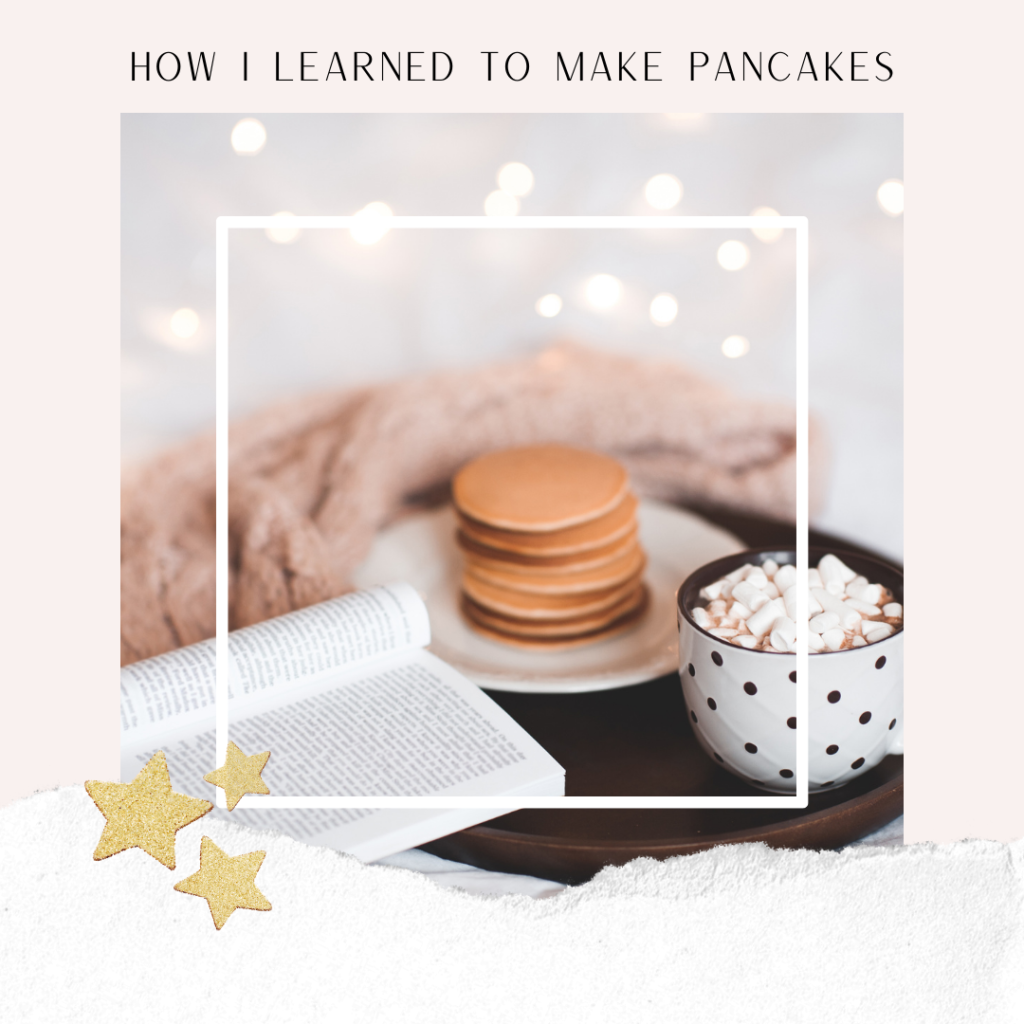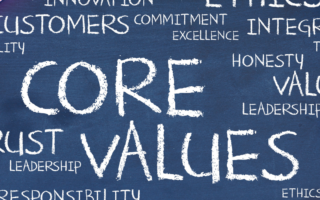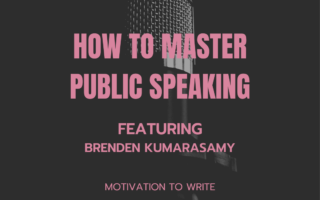How I Learned to Make Pancakes
I learned how to make pancakes while watching my mother and grandmother flip their spatulas on Saturday mornings when weekends were young and promising. They each had a distinct style. My mother used Bisquick. The sunny yellow box owned real estate in our kitchen cupboards, and it always seemed to smile at me from its prominent position on the top shelf.
After adding eggs and milk to the dry ingredients, Mommy would stir the concoction in a large green bowl, carefully blending the lumps–she liked her mixture silky. She would then spray the pan with Pam and wipe away the excess oil with a paper towel before pouring the batter. Her pancakes tasted like love. They were modest in size and adorably round, sweet, comforting.
Granny (my father’s mother) was old-school: she believed in butter, cast-iron skillets, and no paper towels. Granny had a certain rhythm in the kitchen, a swag that could have only passed down from a generation of women who smoked their cigarettes, sassed their husbands, nursed their babies, and cried in private. She used Krusteaz. Granny tossed in the eggs and whirled in the milk, never bothering the lumps–they added character. She used an old wooden spoon that probably knew more family secrets than she did. Her skillet sizzled, cradling her rustic batter. The result was always a stack of fluffy, steamy pancakes with slightly crispy edges. They tasted fearless.
I felt guilty for favoring Granny’s pancakes. I couldn’t help it. Mommy’s were genteel; Granny’s were ambitious, and they fed every cell in my body. They ignited a spark of culinary curiosity. How many ways could one prepare pancakes? And how do those many different ways taste? There were times when I wanted to ask my mother, “Can you fry yours in butter?” or “Can you leave in the lumps?” But I understood that I needed to respect her style.
When I began flipping flapjacks, I searched for a balance between my mother and grandmother’s styles. I started with Bisquick and Pam–the legacies of Mommy. The pancakes turned out okay. They tasted like hers but not as refined. I switched from Pam to butter, but those pancakes tasted like Mommy’s pancakes trying to be Granny’s. I tried Krusteaz and butter. I left in the lumps and everything, but they turned out to be a poor imitation of Granny’s. Frustrated, I blamed the pan for not being a cast-iron skillet. But what I needed was a new approach.
Joseph Campbell said the greatest privilege of a lifetime is to be yourself. I needed to be myself. I needed to drop the pressure of walking a tightrope between the two matriarchs of my family. I needed to find my style, my rhythm, my swag. What if I didn’t use a pancake mix? What if I learned to make them from scratch?
So I did. I found a recipe and turned my kitchen into a breakfast laboratory. I sifted flour, sugar, and baking powder. I used vanilla almond milk and added it with eggs and melted butter into the dry ingredients, stirring it with my large spoon that, over the years, will accumulate its own family secrets. Bananas and blueberries filtered their way into my liberated batter. I was becoming quite the chef. More importantly, I was developing my style.
Once I discovered my style, I realized I didn’t need to abandon my mother and grandmother’s legacies. They still influence the way I make pancakes. I stir the batter with Mommy’s love and gracefulness. Although I leave most of the lumps, I cradle the bowl with her tenderness. Like Granny, I fry mine in butter. I don’t use a cast-iron skillet, but I have developed my swag. I don’t have a cigarette dangling from my lips as she sometimes did, but I definitely, have command of the kitchen as a rapper has control of the stage. Indeed, it is a privilege to be myself.
For more essays, check out this page. Also, here’s why I podcast.



